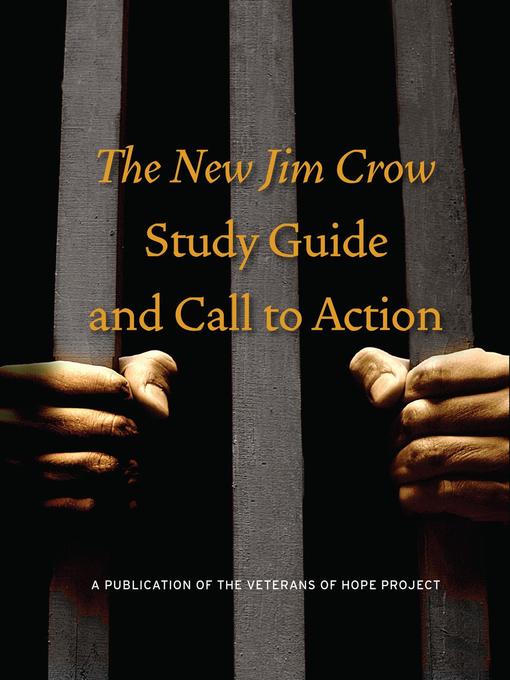Drawing from and expanding on the themes of Michelle Alexander's acclaimed best-seller, The New Jim Crow, this in-depth guide provides a launching pad for groups wishing to engage in deep, meaningful dialogue about race, racism, and structural inequality in the age of mass incarceration. The Study Guide and Call to Action spans the entirety of The New Jim Crow, engaging the critical questions of how we managed to create, nearly overnight, a penal system unprecedented in world history, and how that system actually functions — as opposed to the way it is advertised. This important new resource also challenges us to search for and admit the truth about ourselves, our own biases, stereotypes, and misconceptions, and the many ways in which we might actually be part of the problem.
- Biography & Memoir
- Business & Finance
- Computer Technology
- Education
- Mathematics
- Medical & Nursing
- Psychology
- Social Sciences
- Personal & Academic Success
- Computer Programming
- Religion & Biblical Studies
- See all nonfiction collections
